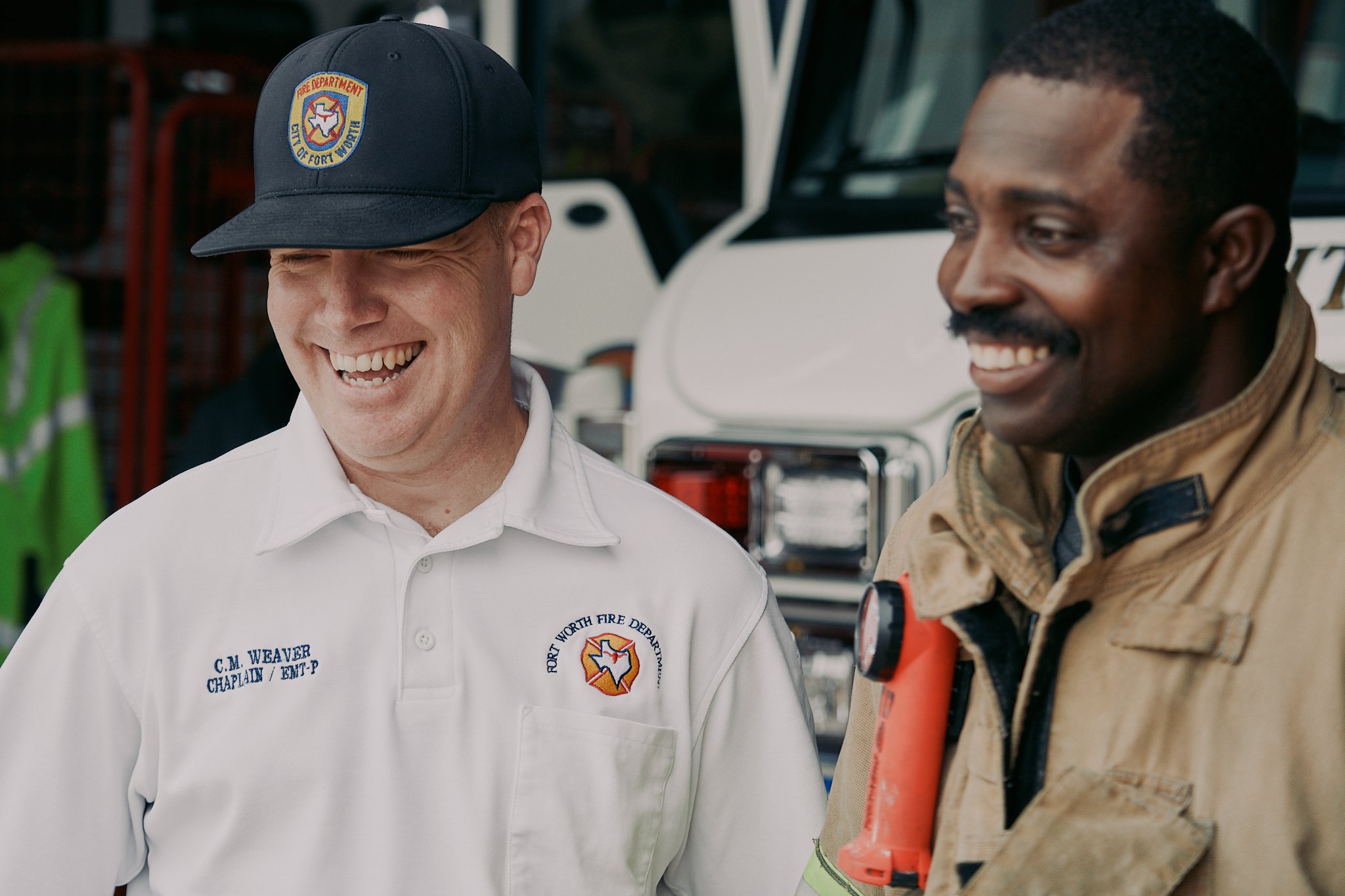
MORAL INJURY
Invisible Wounds from Critical Decisions
Unlike physical injuries, moral injury is the damage done to one's conscience or moral compass when that person perpetrates, witnesses, or fails to prevent acts that transgress one's own moral beliefs, values, or ethical codes of conduct.
“Moral injury, those cumulative things that build up over time, that conflict with our own internal values, whether that be may be having to use force against a person or arresting a parent in front of their kids. Those aren't things we feel good about. Even giving somebody a traffic citation, I don't feel good about that.”
Buck Wheeler — Fort Worth Police
-
Moral injury can occur after one significant event, after a series of events, or after a continuous prolonged event.
Whether it is or human suffering or loss of life, First Responders bear the emotional weight and psychological scars of occupational trauma.
These on-the-job experiences have become an accepted reality and are unfairly brushed off as the price of business.
-
Moral Injury often leads to feelings of guilt, shame, isolation, substance abuse, loss of spirituality/religiosity, and sometimes thoughts of suicide.
This creates a profound emotional toll on individuals who have dedicated their lives to serving and protecting their communities.
When Moral Injury is not acknowledged and addressed, it significantly impacts the mental health and well-being of first responders, introducing a complex layer of psychological distress.
-
In the first responder sector, it is crucial to recognize that moral injury is not classified as a mental health disorder itself.
Instead, moral injury serves as a precursor to mental health disorders, notably contributing to conditions like post-traumatic stress disorder (PTSD).
What can we do about Moral Injury?
R3: Respond, Restore, Resolve was created to proactively address and heal moral injury.
By acknowledging the distinction between moral injury and formal mental health disorders, interventions can be tailored to address the unique psychological challenges faced by first responders, fostering a proactive and preventative approach to mental well-being.
By changing the conversation surrounding mental health in the First Responder community, R3 additionally aims to eliminate stigma and enhance a department's capacity to serve its individuals more effectively.




